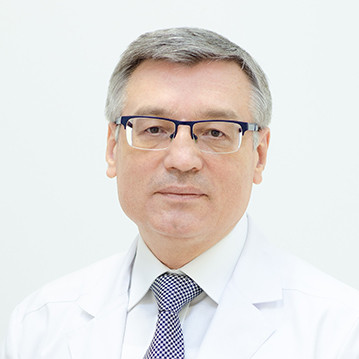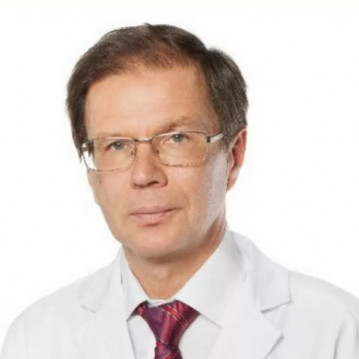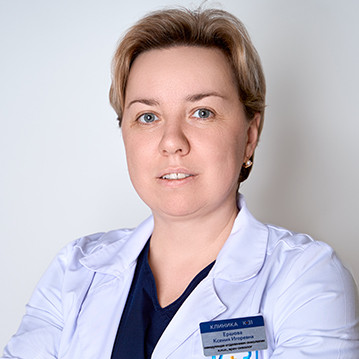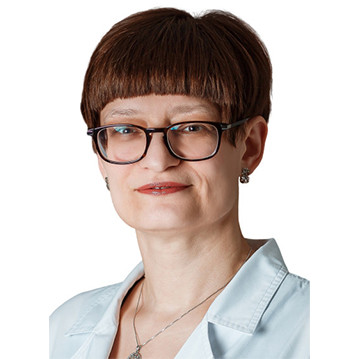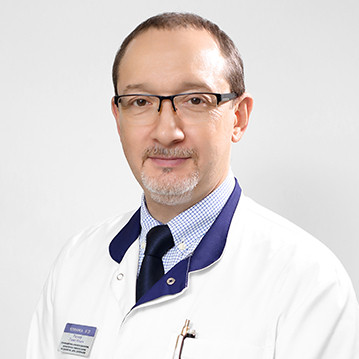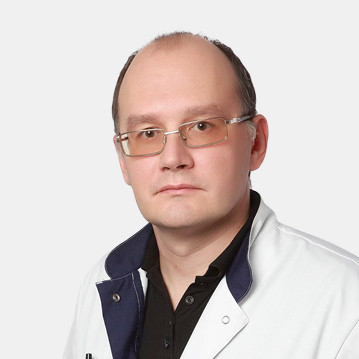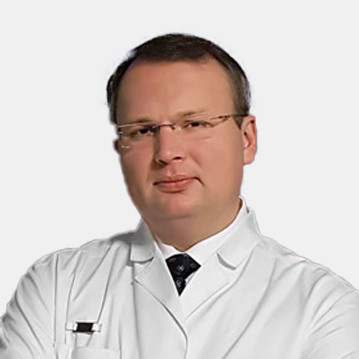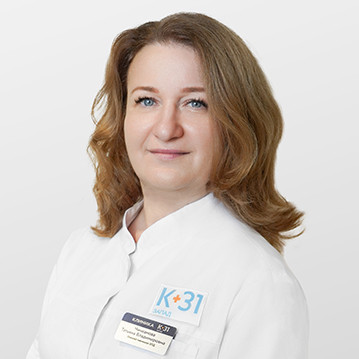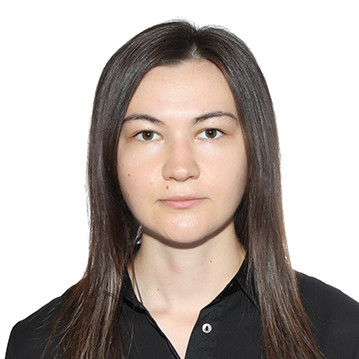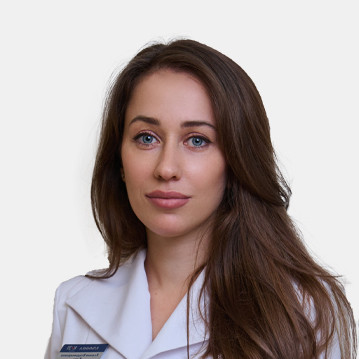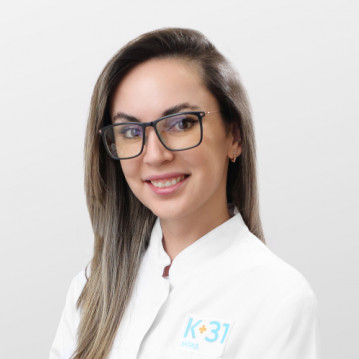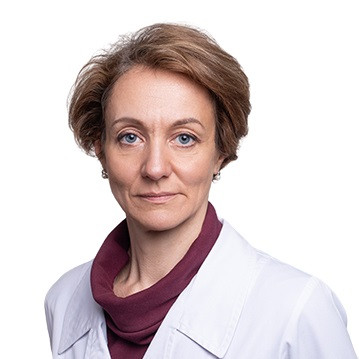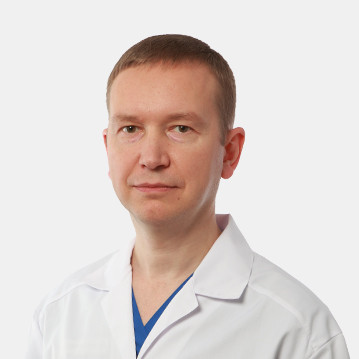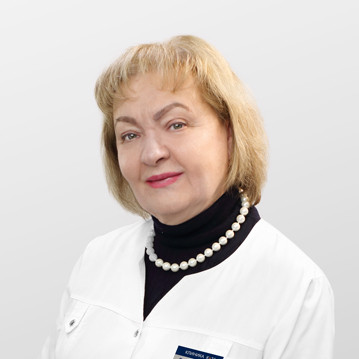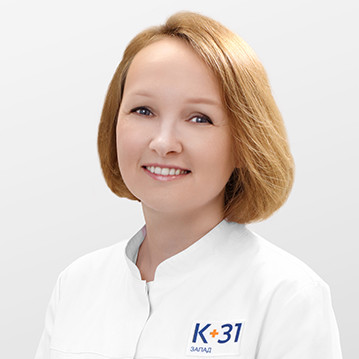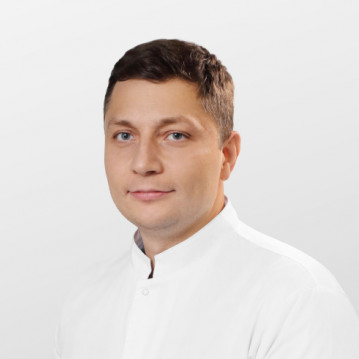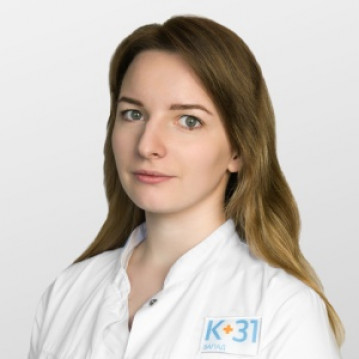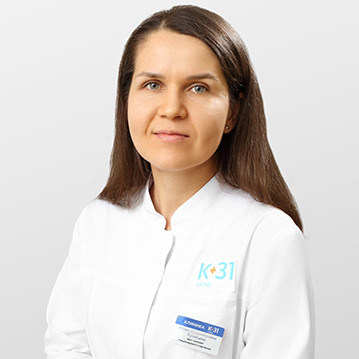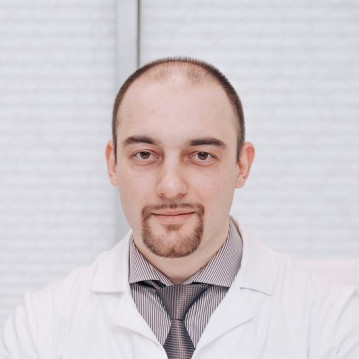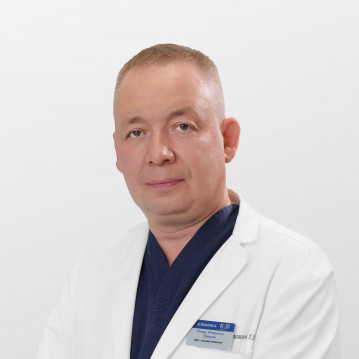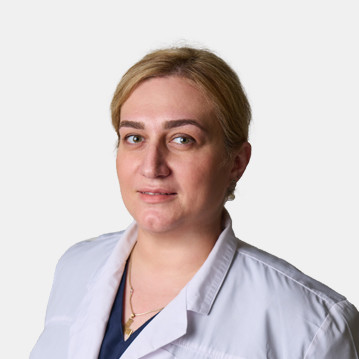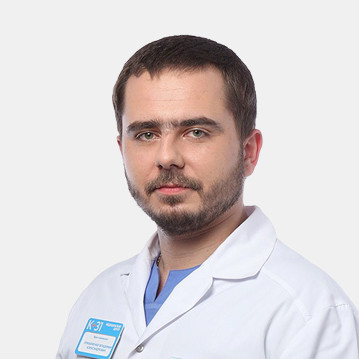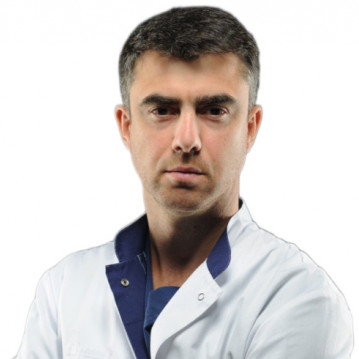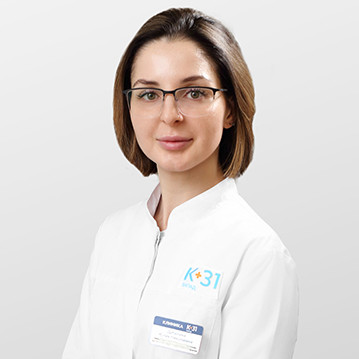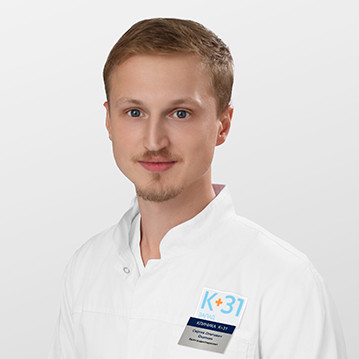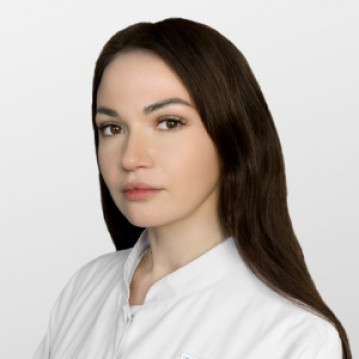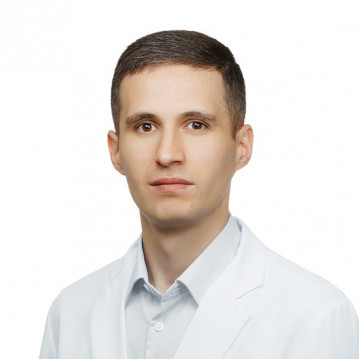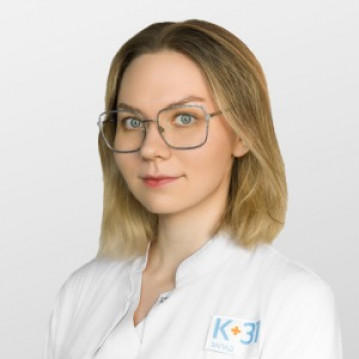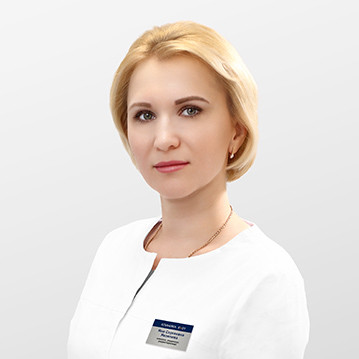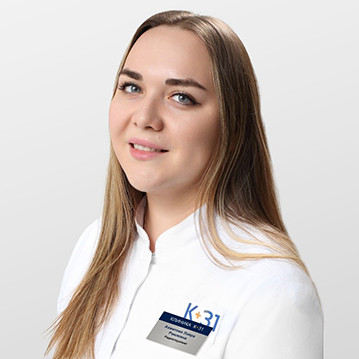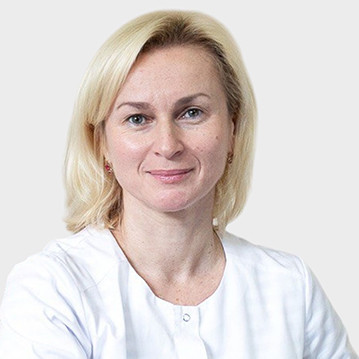
An oncologist is a specialist who deals with the diagnosis, prevention, and treatment of malignant tumors. and benign neoplasms. This doctor specializes in drug and accompanying therapy of oncological diseases. The oncologist coordinates his patients at different stages, involving radiotherapists, surgeons and other specialists medical center, which can deal with the relief of emerging complications.
Consultation with an oncologist is the first step in the treatment of every patient with suspected oncology, during which a diagnostic plan and necessary examinations are determined, as well as a treatment regimen. You should also come to the appointment of the oncologist of our center "K+31" for a preventive examination, especially if you are at risk for a particular cancer or have a family history of close relatives with diagnosed malignant tumors.
At the "K+31" medical center, our doctors devote enough time to each patient, to conduct the most accurate diagnosis and select the most effective and safe treatment. Individual approach, attentive attitude to patients. Book an appointment with an oncologist to prevent the development of a complex disease or to receive high-quality treatment.
Oncologist specializations
The list of oncological diseases and related conditions is quite extensive. An oncologist specializes in the diagnosis and treatment of:
- colon cancer;
- gastric cancer;
- lung cancer;
- skin cancer;
- breast cancer;
- thyroid cancer;
- cervical cancer;
- testicular cancer
- colon cancer;
- sarcomas;
- melanomas;
- myelomas;
- brain tumors;
- ovarian cancer;
- lymphomas;
- neuroendocrine cancer;
- endocrine tumors;
- bladder cancer, kidney cancer, prostate cancer, uterine cancer, rectal cancer, neck cancer, liver cancer, pancreatic cancer, esophageal cancer, and metastases.
In our center, an integrated approach is always applied to the treatment of cancer. And in the treatment of each patient, several specialists of different profiles are always involved. This may be an oncologist surgeon who performs operations to remove malignant tumors. Chemotherapist who specializes in chemotherapy for cancer. A radiologist is a specialist in radiotherapy. And specialists of other profiles. Our doctors at the "K+31" Medical Center have the necessary qualifications, knowledge and experience, each in their field, and together they carry out multifaceted diagnostics and choose the most appropriate treatment regimen.
And oncologists can specialize in some narrower field, since tumors are very diverse, affect different systems, tissues and organs and, accordingly, have their own behavioral patterns. For example, a hematologist oncologist treats tumors that affect the circulatory and lymphatic systems. Oncologist mammologist deals with breast cancer. Oncologist gynecologist - a specialist in ovarian cancer, cervical cancer, tumors of the female reproductive system. Oncologist-urologist - for malignant tumors of the genitourinary system. A neurooncologist treats oncological diseases of the spinal cord and brain. Oncodermatologist - skin cancer. And so on.
All the doctors of our center work together, exchange expert opinions to cure even complex and advanced cases of cancer. At the initial or repeated consultation of an oncologist, the areas of medicine that should be involved in your treatment will be determined, and the attending oncologist will involve all the necessary specialists of the "K+31" center in this.
When should I see an oncologist?
Medical scientists identify a whole list of specific symptoms, in the event of which any person should definitely contact a medical center for the advice of an oncologist and undergo an appropriate examination. So, you need to visit an oncologist when:
- detection of signs of bleeding from internal organs (from the nose, mouth, breast, genital organs, along with feces or urine);
- strong weight loss for which there is no adequate explanation;
- appearance of skin neoplasms and suspicious changes in moles or warts (in size, shape, color);
- compression and enlargement of the lymph nodes (if there are no signs of infection);
- frequent migraines accompanied by impaired hearing, vision and coordination;
- the formation of seals in soft tissues (especially in the mammary glands);
- prolonged lack of appetite, nausea and a sharp deterioration in well-being;
- regular causeless diarrhea with copious pathological discharge;
- the appearance of discomfort associated with a feeling of pressure in the abdominal cavity, throat, chest, pelvic area.
If you find the symptoms described above, then you should come to an appointment with the oncologist of the "K+31" center. Our doctors will be able to recognize all the atypical manifestations present, conduct a competent diagnosis and, if necessary, build an effective treatment process.
How does an oncologist's consultation work?
The appointment of an oncologist at a medical center consists of the following key steps:
- oncologist consultations;
- cancer diagnostics;
- treating diseases.
During the initial consultation with an oncologist, the doctor speaks with the patient, collects an anamnesis, finds out the details of the onset and development of symptoms. He examines the patient's medical documents and clarifies all the details of his state of health. This requires data from past examinations, as well as extracts from hospitalizations (if any). If you have information carriers with MRI and CT scans in your hands, then they, along with the conclusions, must be taken to the appointment. When collecting an anamnesis, the specialist will form a vision and draw up a plan for additional examination or treatment. At the initial consultation, oncologists of our "K+31" center can prescribe laboratory tests, hardware examinations, diagnostic procedures such as a biopsy or puncture to determine the presence or absence of a tumor, as well as to assess its parameters, location and other characteristics. In controversial issues, an oncologist can convene a council of doctors to get a second opinion or consider the problem from different angles. Oncoconsilium and second opinion services are also provided in our center.
Repeated consultation of the oncologist is appointed after passing all the scheduled examinations. The doctor examines the results and, if necessary, makes a diagnosis. Based on the test results, if cancer or other oncological problems are detected, the oncologist develops a treatment plan, during which he monitors changes in the patient's condition, controls and modifies the process.

